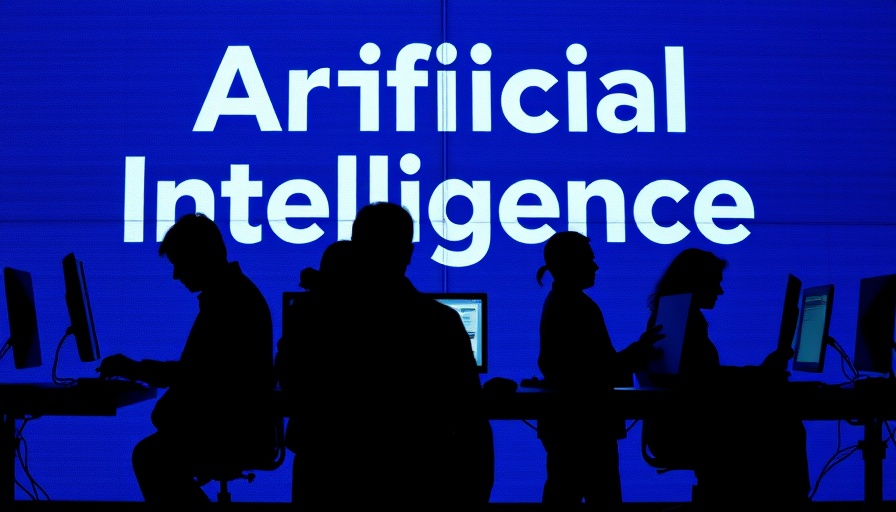
Can AI-generated Literature Replace Human Authorship? Here’s What You Should Know
The rapid advancements in artificial intelligence (AI) have sparked lively discussions regarding the future of literature and the role of human authorship. A recent experiment, highlighting AI's literary prowess, showed that readers sometimes prefer poems generated by AI over those written by literary giants like Chaucer and Shakespeare. This phenomenon raises pertinent questions about the implications for authors and the essence of creativity and originality in literature.
The Evolution of Literature in the Age of AI
The literary landscape is evolving, leveraging AI's capacity to produce content quickly and at a lower cost. Consider the influence of OpenAI's ChatGPT, which has demonstrated this capability through various examples, including creating literary narratives based on prompts. Although AI may excel at generating coherent text, can it truly capture the humanity, emotional depth, and nuanced storytelling of established authors?
The Debate: AI vs. Human Authorship
Prominent authors have expressed concern over the rise of AI in creative writing. While some praise the technology for producing beautiful prose, others criticize it for being “a hollow reflection” devoid of authentic emotional engagement. The crux of the issue lies in whether AI can replicate authorship's unique voice and perspective, which are quintessential in human writing. The question remains—can it be more than a machine-generated mimicry?
The Value of Human Creativity in Literature
A fundamental aspect of creative writing is the human experience that informs storytelling. True artistry encapsulates personal experiences, cultural background, and authenticity, elements that are challenging for AI to reproduce. Recent studies underscore that while AI may compose grammatically correct narratives, the distinct richness of a personal touch is irreplaceable. According to literary critics, the lack of human flaws in AI-generated texts may render them less engaging over time.
Future Predictions: The Role of AI in Literature
The future of literature may not hinge solely on the battle between human authors and AI. Instead, a collaborative model may emerge where AI acts as a powerful tool that assists writers without replacing them. AI could help authors brainstorm, generate story ideas, or refine drafts, thus enhancing human creativity rather than stifling it.
Implications for Readers and Authors
As AI technology progresses, readers may face a new reality wherein they unknowingly consume AI-generated content alongside works by human authors. With the potential for a literary landscape filled with AI-produced works, authors may need to find innovative ways to differentiate their work. They must also grapple with the challenges of copyright and the ethical implications surrounding AI-generated literature.
Conclusion: Embracing the Future of Literature
The intersection of AI and literature is a fascinating avenue of exploration. While concerns persist about AI's potential to replace human authors, embracing this technology may lead to a new wave of literary creativity. As AI tools develop and integrate more deeply into the creative process, both readers and writers must adapt to a constantly changing narrative landscape that balances technology with the essence of human storytelling.
 Add Row
Add Row  Add
Add 




 Add Row
Add Row  Add
Add 

Write A Comment